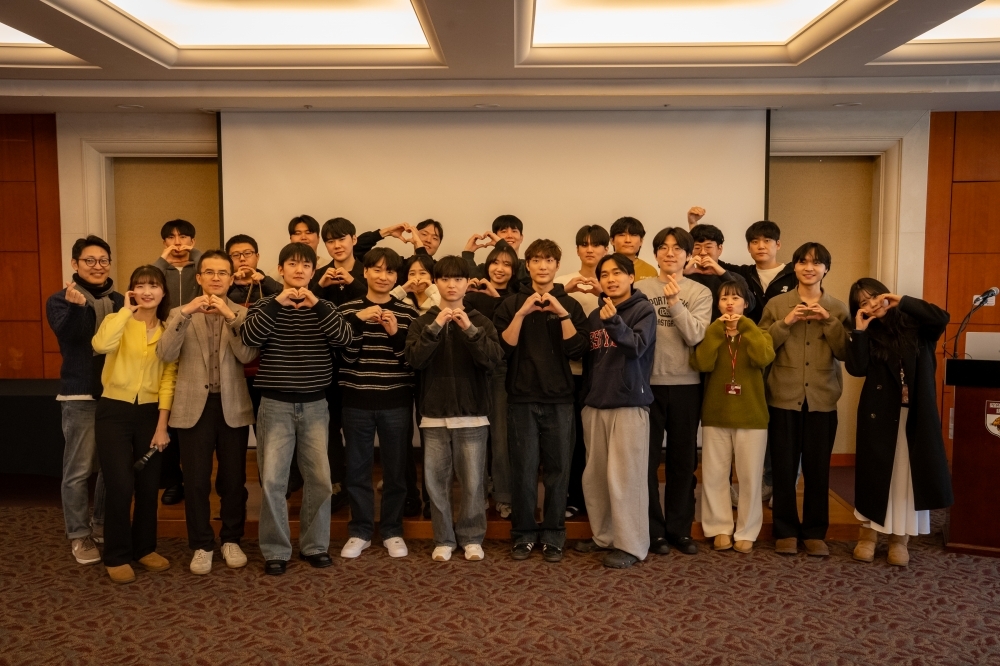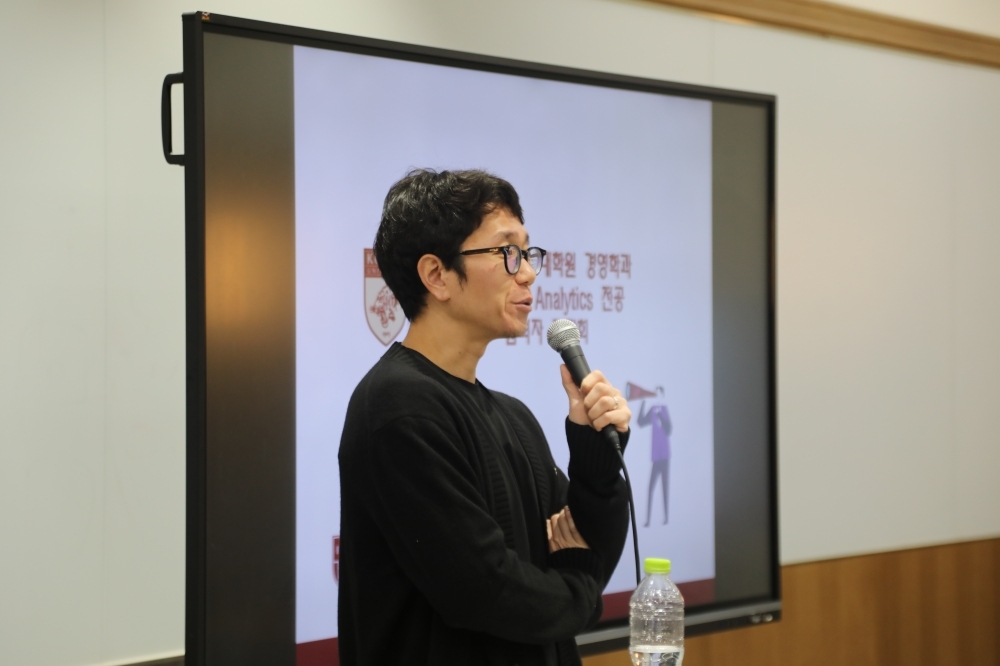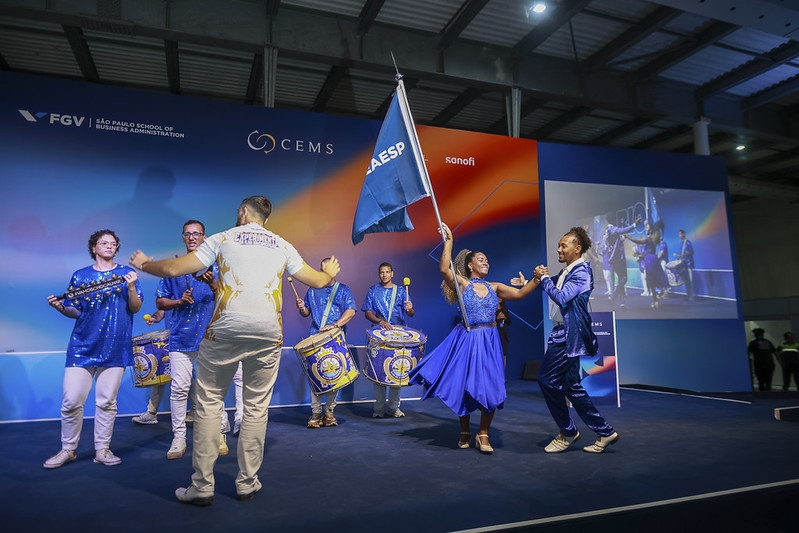Online/Offline
- About
- Admissions
- Academic Programs
- Students Life
Academic Programs
Announcement +
All
Undergraduate
MS/PhD
MBA
KUBS Calendar+
DEC04
December Friday Career Chat (Korea Exchange)
DEC04
2025-2 Brown Bag Seminar
Online (Zoom)
DEC01
CEMS Annual Event 2025 RIO
Rio de Janeiro, Brazil
NOV29
Fall Campus Tour and High School Student Meetup
LG-POSCO Hall SUPEX Hall & B3 Lecture Room, Hyundai Motor Hall








